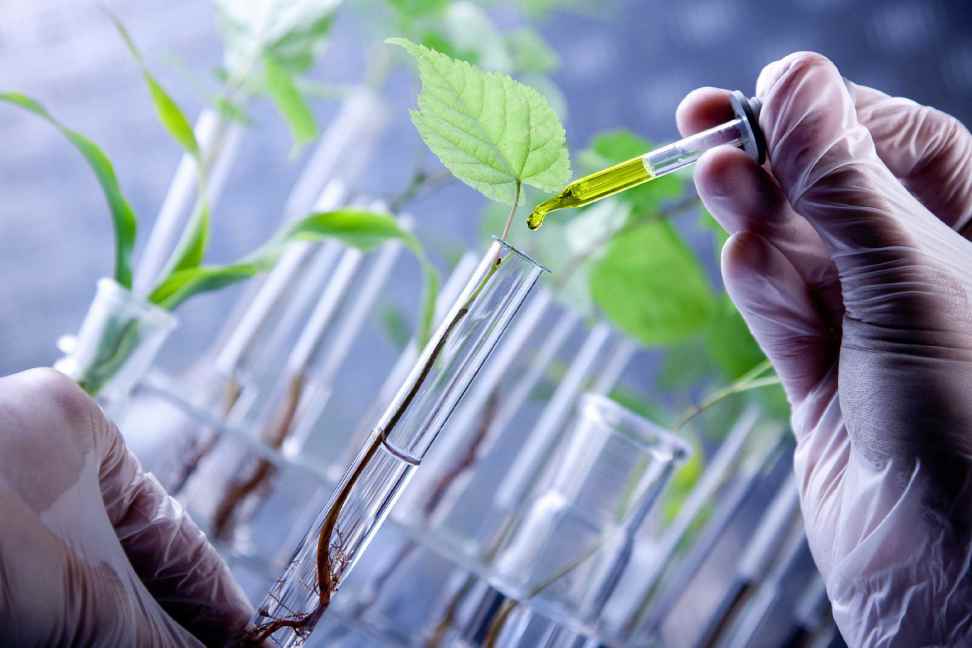King 567, Betbhai247, Apbook247: Biotechnology in agriculture has revolutionized the way food is produced, offering numerous advantages to farmers and consumers alike. Through the use of biotechnology, crops can be engineered to possess desirable traits such as resistance to pests, diseases, and adverse environmental conditions. This not only reduces the reliance on chemical pesticides but also ensures a more sustainable and eco-friendly approach to farming.
Furthermore, biotechnology enables the development of crops with improved nutritional content, offering enhanced health benefits to consumers. For instance, biofortified crops can be modified to increase the concentrations of vital vitamins and minerals, so correcting dietary inadequacies in communities that primarily depend on these products for sustenance. By harnessing the power of biotechnology in agriculture, we have the potential to increase food security, improve crop productivity, and promote overall human health and well-being.
Challenges in Implementing Biotechnology in Food Production
Implementing biotechnology in food production comes with a set of challenges. One significant hurdle is the apprehension and skepticism surrounding genetically modified organisms (GMOs). Consumers, regulatory bodies, and environmental organizations often express concerns about the safety, environmental impacts, and ethical considerations associated with genetic modifications in food crops. This has led to a complex landscape of regulations and public opinion that can hinder the widespread adoption of biotechnology in the food industry.
Another key challenge is the resistance from some sectors of traditional agriculture to embrace biotechnological advancements fully. The shift from conventional farming practices to biotechnology-driven methods requires significant investments in research, infrastructure, and education. Additionally, the long-term effects of genetically modified crops on the environment and biodiversity need to be studied comprehensively to address the concerns of various stakeholders. Overcoming these challenges will be crucial in harnessing the full potential of biotechnology to enhance food production and sustainability in the future.
� Resistance and skepticism surrounding GMOs
� Complex regulatory landscape and public opinion
� Concerns about safety, environmental impacts, and ethics
� Need for comprehensive studies on long-term effects of GM crops
� Investments in research, infrastructure, and education required
� Overcoming challenges crucial for enhancing food production and sustainability
Role of Genetic Engineering in Improving Crop Yields
Genetic engineering plays a crucial role in the agricultural sector by enhancing crop yields through the development of genetically modified organisms (GMOs). By introducing specific genes into crops, scientists can create plants that are resistant to pests, diseases, and environmental stresses. This technology enables farmers to produce higher yields of crops even in challenging growing conditions, ultimately contributing to food security.
Furthermore, genetic engineering allows for the modification of plants to improve their nutritional content, shelf life, and overall quality. For example, scientists have developed genetically modified crops that are enriched with essential nutrients, such as vitamin A in golden rice. These advancements not only benefit farmers by increasing productivity but also have the potential to address global issues such as malnutrition and food waste.
What are some benefits of using genetic engineering in agriculture?
Genetic engineering in agriculture can lead to increased crop yields, improved resistance to pests and diseases, enhanced nutritional content in crops, and the ability to grow crops in harsher environmental conditions.
How can genetic engineering help improve crop yields?
Apbook365, Apbook Login, Goexch777: Genetic engineering allows scientists to modify the DNA of crops to make them more resistant to pests and diseases, as well as more tolerant to environmental stresses such as drought or extreme temperatures. This can ultimately lead to higher yields and better quality crops.
What are some challenges in implementing biotechnology in food production?
Some challenges in implementing biotechnology in food production include concerns about the safety of genetically modified organisms (GMOs), regulatory hurdles, public perception and acceptance, and potential environmental impacts.
How can genetic engineering contribute to sustainable agriculture?
Genetic engineering can help reduce the need for chemical pesticides and fertilizers, improve soil health, conserve water resources, and increase the resilience of crops to climate change. This can ultimately contribute to more sustainable and environmentally-friendly agricultural practices.
Are genetically modified crops safe to eat?
According to numerous scientific studies and regulatory agencies around the world, genetically modified crops that have been approved for consumption are considered safe to eat. However, it is important to continue monitoring and researching the long-term effects of GMOs on human health and the environment.

